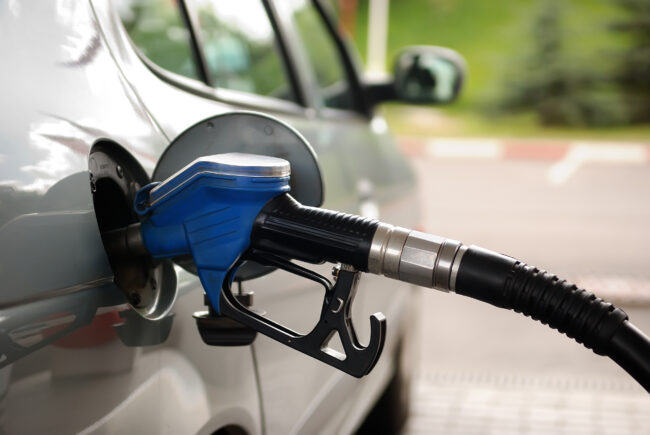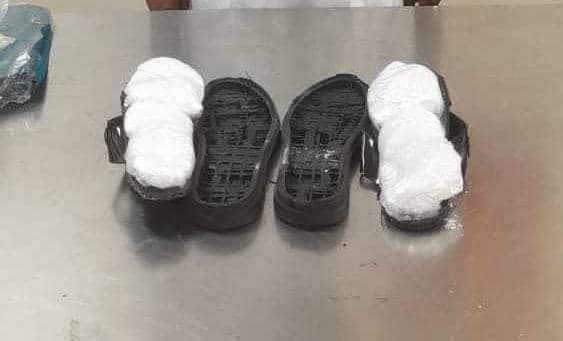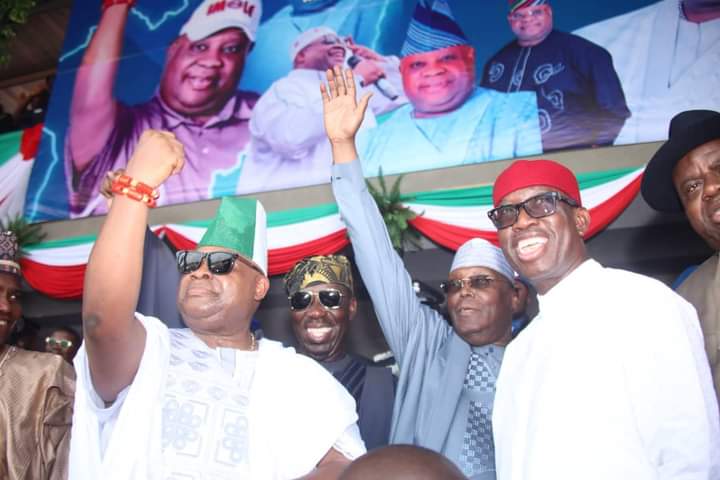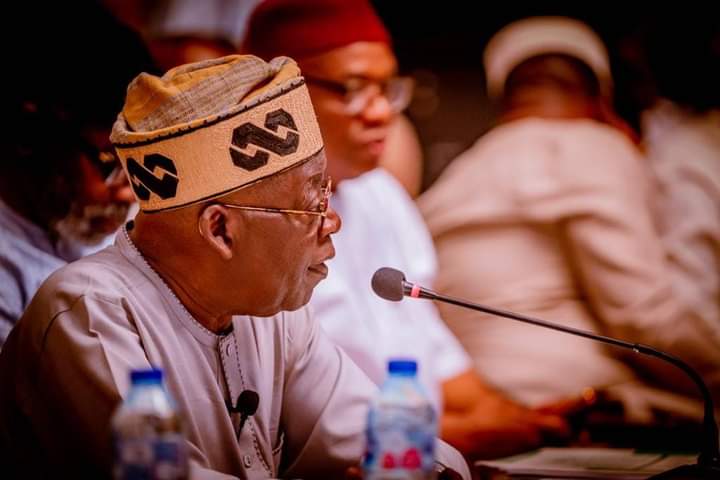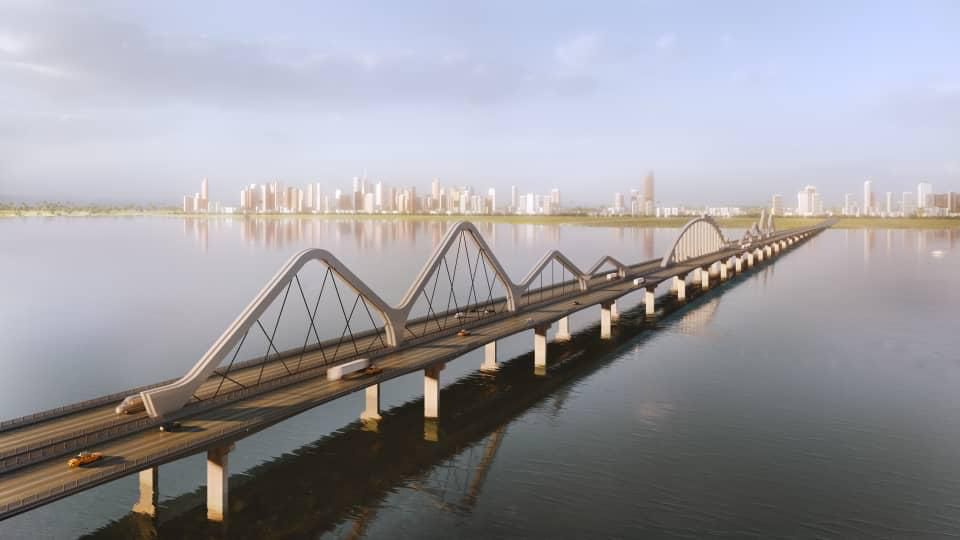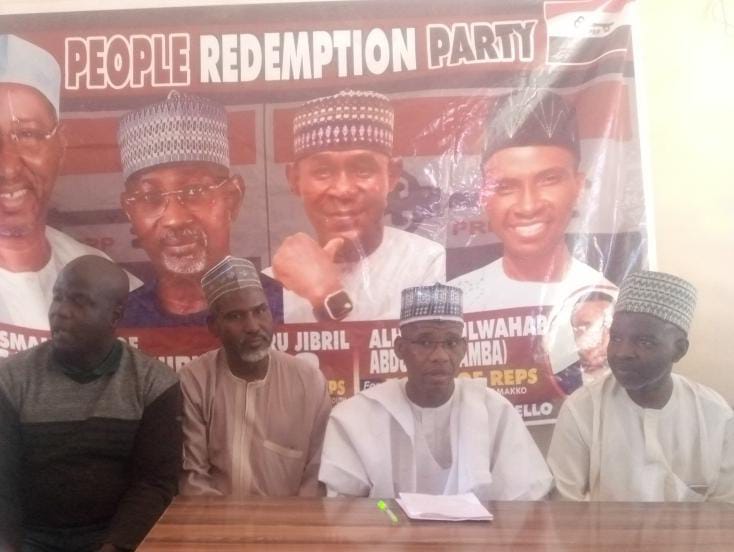The Independent Petroleum Marketers Association of Nigeria (IPMAN) has attributed the current petrol scarcity to the unavailability of the product and difficulty in accessing foreign exchange (FX).
Mike Osatuyi, national operations controller of IPMAN, said this on Sunday in an interview with NAN in Lagos.
Osatuyi alleged that the Nigeria National Petroleum Corporation (NNPC) Limited had stopped importing enough petrol to meet demand in the country.
He insisted that marketers could no longer sell at the regulated price because the unsteady supply of petrol had resulted in higher prices at the depots.
Advertisement
“We are experiencing scarcity because the product is not available,” he said.
“The price of a litre of petrol at private depots is currently between N205 and N210 as against N162.50.
“The Nigeria National Petroleum Corporation (NNPC) Ltd. is the sole importer of refined petroleum products, which are not readily available to marketers.”
Advertisement
Osatuyi explained that the association’s members bought petrol at over N200 per litre from private depots, making it impossible for them to sell at the regulated pump price.
“Besides, such a trend is unsustainable given the fact that private depots also sell the product at an unofficial rate different from that of NNPCL,” he said.
“When we add cost of transportation and levies, it will run into N217 per litre. At what prices do you want marketers to sell, knowing fully well that we are in business to make profit?
“My members are groaning over the increase in the cost of petrol from the depot and they suffer a lot to get it.
Advertisement
“If fuel is there, why will we not sell? But there is no fuel. Our members are selling petrol between N230 and N240 per litre at filling stations.”
Osatuyi further said the government was finding it difficult to continue subsidising the price of petrol and advised that the downstream of the petroleum sector be fully deregulated as a permanent solution to the problem.
He urged the government to allow the private sector to import petrol as is the case with aviation fuel, diesel and kerosene.
Corroborating Osatuyi’s views, a marketer, who preferred not to be named, told NAN that NNPC was having challenges importing the refined product due to liquidity constraints.
Advertisement
According to the marketer, all the associations: IPMAN, Major Oil Marketers Association of Nigeria (MOMAN), and Depot and Petroleum Products Marketers Association of Nigeria (DAPPMAN), are struggling to get products from NNPC — the sole supplier.
He said the direct purchase and direct supply (DPDS) option had crashed, noting that the current exchange rate of N800/$ also posed a serious challenge to importation.
Advertisement
“Nigeria has reached a stage where the government requested for credit facility from DSDP people on product supply but it was challenged due to a huge backlog of debts,” NAN quoted the source as saying.
“The NNPCL partners who were given crude oil to supply refined products could not access credit from banks due to existing huge debts.
Advertisement
“Talking about Lagos, that is where most of the (PMS) vessels come. When the mother vessel comes into the state, its products will be distributed by daughter vessels to ports in Lagos, Warri, [and] Port Harcourt.
“These daughter vessels are hired by independent private tank farm owners or private depot owners, who pay vessel charges in dollars.
Advertisement
“Some of them source dollars in the open market. So, the dollar also determines the price of products.
“Now, you cannot expect them to sell PMS at N184/litre when the price of hiring a vessel has risen from $38,000 to around $108,000 [or] $111,000, depending on the type of vessel. These charges are paid in dollars.”
Add a comment
